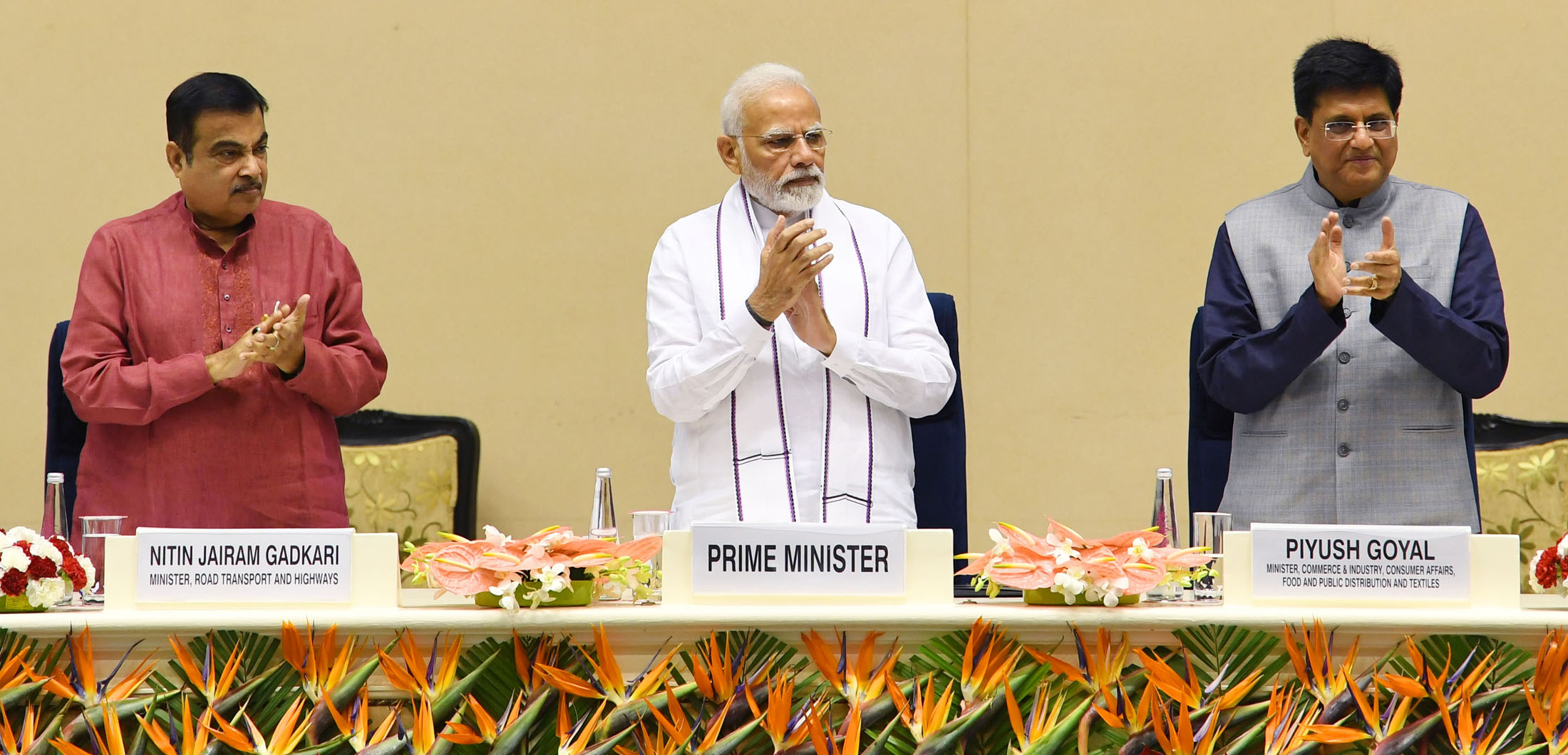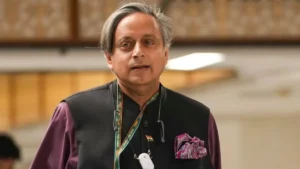National logistics policy 2022: Prime Minister Narendra Modi turned 72. To mark the occasion, he welcomed eight cheetahs that had been transported to India from Namibia and unveiled India’s National Logistics Policy 2022. According to Piyush Goyal, minister of commerce and industry, the National logistics policy 2022’s primary goal is to encourage the free flow of commodities and raise the competitiveness of the sector throughout the country. Process re-engineering, digitization, and multi-modal transportation will be some of the primary areas of emphasis.
Bank Maha Pack includes Live Batches, Test Series, Video Lectures & eBooks
National logistics policy 2022: Key Points
- The road, rail, customs, aviation, international trade, and commerce ministries are among the seven departments whose 30 distinct systems will be digitally integrated as part of the IDS.
- The shorter cargo movement will be improved.
- ULIP, or the Unified Logistics Interface Platform, will facilitate easy cargo transfer.
- There will be Ease of Logistics (ELOG) present. The policy will be put into place to streamline the regulations and make the logistics industry easier.
- The System Improvement Group (SIG) is tasked with periodically assessing all logistics-related projects and removing any barriers.
- The goal of the policy is to give young people opportunity to work and develop their talents.
National logistics policy 2022: Aim of the Policy
- The primary areas of this National logistics policy 2022 will be process re-engineering, digitization, and multi-modal transportation.
- It is a key decision since excessive logistical costs affect how competitive domestic products are on the global market.
- The National logistics policy 2022 was deemed necessary because India has higher logistics costs than other industrialised nations.
- India must drastically cut its logistics costs if it wants to increase the competitiveness of its exports and domestic products.
- The goal of lower logistics costs is to increase economy-wide efficiency, allowing for value addition and business.
- The policy lays out an extensive interdisciplinary, cross-sectoral, and multijurisdictional framework for the growth of the entire logistics ecosystem in an effort to solve concerns of high cost and inefficiency.
National logistics policy: History of Policy
- National logistics policy was initially mentioned in 2020 by Finance Minister Nirmala Sitharaman in her address regarding the budget.
- The government claims that there are efforts on to implement an integrated and technologically enabled approach to logistics operations, which will be effective throughout the entire process and be useful in lowering logistics costs in the nation from the current levels of 13–14% of GDP.
- National logistics policy was introduced with a thorough action plan and important components like export-import logistics, sectoral plans for effective logistics, integrated digital logistics systems, a unified logistics interface platform, logistics park development facilitation, standardisation of physical assets and benchmarking service quality standards, state engagement, human resource development and capacity building, and export-import logistics.
National logistics policy 2022: FAQs
Ques. What is national logistics policy 2022?
Ans. The policy puts a lot of emphasis on crucial topics including process re-engineering, digitization, and multi-modal transportation. It is a key decision since excessive logistical costs affect how competitive domestic products are on the global market.
Ques. What is logistic policy?
Ans. The National Logistics strategy is an extensive attempt to address cost and inefficiency by establishing a broad, multi-jurisdictional, cross-sectoral framework for the evolving logistics ecosystem.
Ques. What is the future of logistics in India?
Ans. India’s logistics industry is expected to increase at a compound annual growth rate of more than 10% from $200 billion in early 2020 to at least $320 billion in 2025, according to a 2019 prediction from the McKinsey Global Institute (MGI).
Ques. How big is the logistics industry in India?
Ans. The Indian logistics market had an estimated value of $250 billion in fiscal year 2021. In 2025, it was predicted that this industry will reach 380 billion dollars with a 10- to 12-percent compound annual growth rate.




 Which Lake is known as the Jewel of Udai...
Which Lake is known as the Jewel of Udai...
 Which is the Largest Banana Producing St...
Which is the Largest Banana Producing St...
 Shashi Tharoor Conferred Honorary D.Litt...
Shashi Tharoor Conferred Honorary D.Litt...








